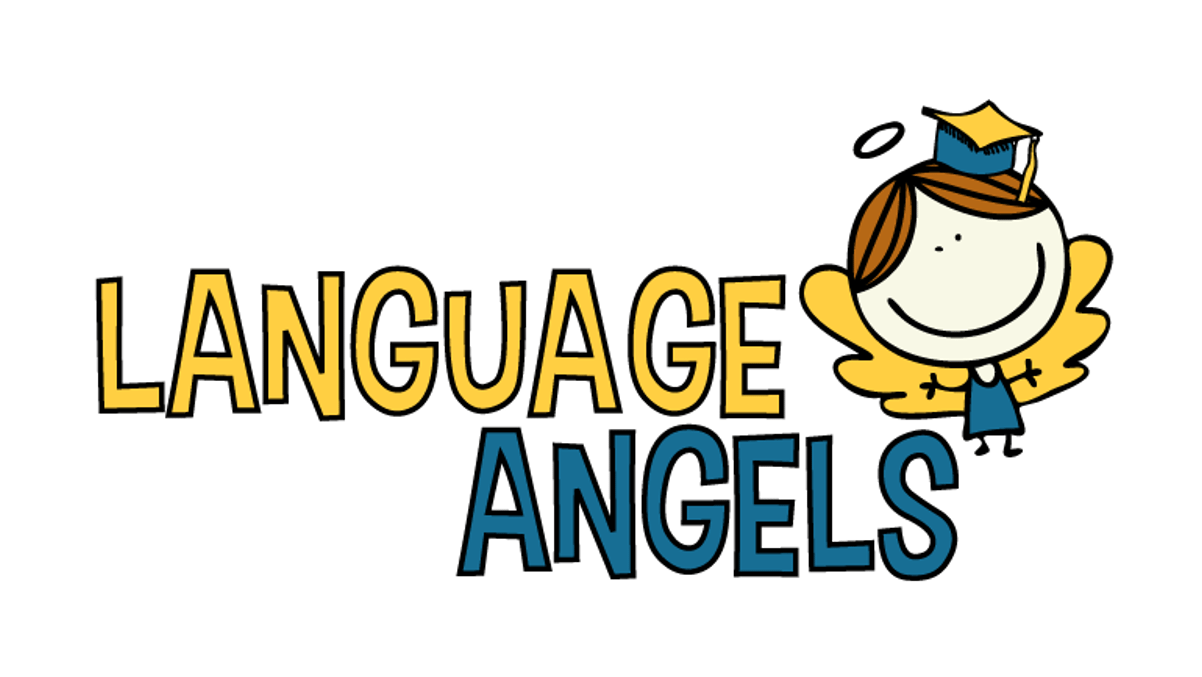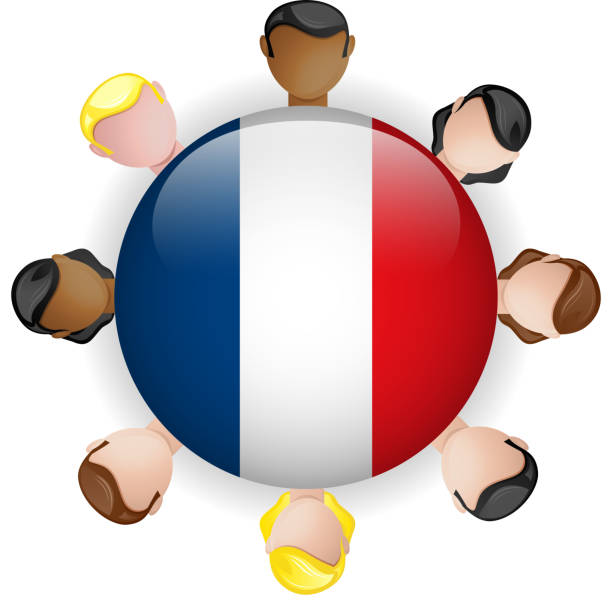MFL (French)
‘To learn a language is to have more than one window from which to look at the world’
Intent
Henbury View First School intends to use the Language Angels scheme of work and resources to ensure we offer a relevant, broad, vibrant and ambitious foreign languages curriculum that will inspire and excite our pupils using a wide variety of topics and themes. All pupils will be expected to achieve their full potential by encouraging high expectations and excellent standards in their foreign language learning - the ultimate aim being that pupils will feel willing and able to continue studying languages beyond key stage 2. The intent is that all content will be continuously updated and reviewed annually, creating a dynamic programme of study that will be clearly outlined in both long-term and short-term planning. This will ensure that the foreign language knowledge of our pupils progresses within each academic year and is extended year upon year throughout the primary phase and, in so doing, will always be relevant and in line with meeting or exceeding national DfE requirements.
The four key language learning skills; listening, speaking, reading and writing will be taught and all necessary grammar will be covered in an age-appropriate way across the primary phase. This will enable pupils to use and apply their learning in a variety of contexts, laying down solid foundations for future language learning and also helping the children improve overall attainment in other subject areas. In addition, the children will be taught how to look up and research language they are unsure of and they will have a bank of reference materials to help them with their spoken and written tasks going forward. This bank of reference materials will develop into a reference library to help pupils recall and build on previous knowledge throughout their primary school language learning journey. The intent is that all pupils will develop a genuine interest and positive curiosity about foreign languages, finding them enjoyable and stimulating. Learning a second language will also offer pupils the opportunity to explore relationships between language and identity, develop a deeper understanding of other cultures and the world around them with a better awareness of self, others and cultural differences. The intention is that they will be working towards becoming life-long language learners.

Implementation
All classes will have access to a very high-quality foreign languages curriculum using the Language Angels scheme of work and resources. This will progressively develop pupil skills in foreign languages through regularly taught and well-planned weekly lessons in LKS2 which will be taught by class teachers. Children will progressively acquire, use and apply a growing bank of vocabulary, language skills and grammatical knowledge organised around age-appropriate topics and themes - building blocks of language into more complex, fluent and authentic language. All teachers will know where every child is at any point in their foreign language learning journey.
 The planning of different levels of challenge and which units to teach at each stage of the academic year will be addressed dynamically and will be reviewed in detail annually as units are updated and added to the scheme. Lessons offering appropriate levels of challenge and stretch will be taught at all times to ensure pupils learn effectively, continuously building their knowledge of and enthusiasm for the language(s) they are learning. Early Language units are entry level units and are taught in Year 3, where pupils may have little or no previous foreign language learning. Intermediate units increase the level of challenge by increasing the amount and complexity (including foreign language grammar concepts) of the foreign language presented to pupils. Intermediate units are introduced in Year 4 so pupils can embed basic knowledge of the foreign language. Children will be taught how to listen and read longer pieces of text gradually in the foreign language and they will have ample opportunities to speak, listen to, read and write the language being taught with and without scaffolds, frames and varying levels of support.
The planning of different levels of challenge and which units to teach at each stage of the academic year will be addressed dynamically and will be reviewed in detail annually as units are updated and added to the scheme. Lessons offering appropriate levels of challenge and stretch will be taught at all times to ensure pupils learn effectively, continuously building their knowledge of and enthusiasm for the language(s) they are learning. Early Language units are entry level units and are taught in Year 3, where pupils may have little or no previous foreign language learning. Intermediate units increase the level of challenge by increasing the amount and complexity (including foreign language grammar concepts) of the foreign language presented to pupils. Intermediate units are introduced in Year 4 so pupils can embed basic knowledge of the foreign language. Children will be taught how to listen and read longer pieces of text gradually in the foreign language and they will have ample opportunities to speak, listen to, read and write the language being taught with and without scaffolds, frames and varying levels of support.
Units, where possible and appropriate, will be linked to cross curricular themes. Children will build on previous knowledge gradually as their foreign language lessons continue to recycle, revise and consolidate previously learnt language whilst building on all four language skills: listening, speaking, reading and writing. Knowledge and awareness of required and appropriate grammar concepts will be taught throughout all units at all levels of challenge. The curriculum is designed to ensure all children are progressing their foreign language learning skills and are taught the appropriate grammar at the right time in their foreign language learning journey. Grammar rules and patterns will be taught by level of challenge:
- We start with nouns and articles and 1st person singular of high frequency verbs
- We move on to the use of the possessive, the concept of adjectives, use of the negative form, conjunctions/connectives and introduce the concept of whole regular verb conjugation in Intermediate units
- We end with opinions and introduce the concept of whole high frequency irregular verb conjugation
Grammar is integrated and taught discreetly throughout all units.
Each class in each year group will have an overview of units to be taught during the academic year to ensure substantial progress and learning is achieved. Each teaching unit is divided into 6 fully planned lessons:
- Each unit and lesson will have clearly defined objectives and aims
- Each lesson will incorporate interactive whiteboard materials to include ample speaking and listening tasks within a lesson
- Lessons will incorporate challenge sections and desk-based activities that will be offered will three levels of stretch and differentiation
- Reading and writing activities will be offered in all units. Some extended reading and writing activities are provided so that native speakers can also be catered for
- Every unit will include a grammar concept which will increase in complexity as pupils progress
- Extending writing activities are provided to ensure that pupils are recalling previously learnt language and, by reusing it, will be able to recall it and use it with greater ease and accuracy. These tasks will help to link units together and show that pupils are retaining and recalling the language taught with increased fluency and ease
Units are progressive within themselves as subsequent lessons within a unit build on the language and knowledge taught in previous lessons. As pupils progress though the lessons in a unit they will build their knowledge and develop the complexity of the language they use. We think of the progression within the 6 lessons in a unit as ‘language Lego’. We provide blocks of language knowledge and, over the course of a 6-week unit, encourage pupils to build more complex and sophisticated language structures with their blocks of language knowledge.
Key Threads
At Henbury View, we have key threads that run through and across year groups. These will continually be revisited and explored across the academic journey of a child at Henbury. Each thread is underpinned by key vocabulary and knowledge that will be explicitly taught in MFL. The key threads are:
|
Conversation and pronunciation |
Read fluently |
Write imaginatively |
Passion and commitment |
Creativity and spontaneity |
Cultural understanding |
Independence |


